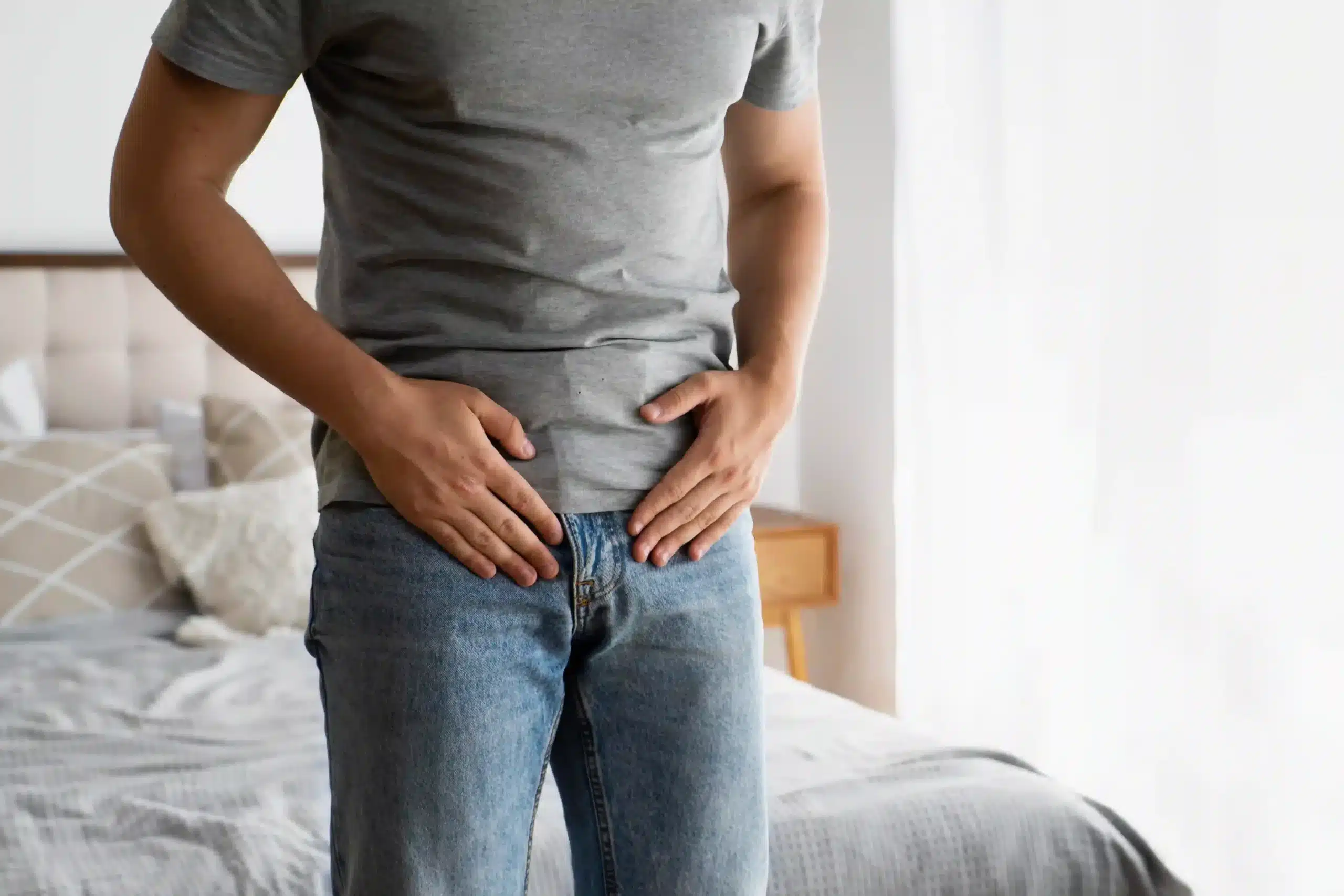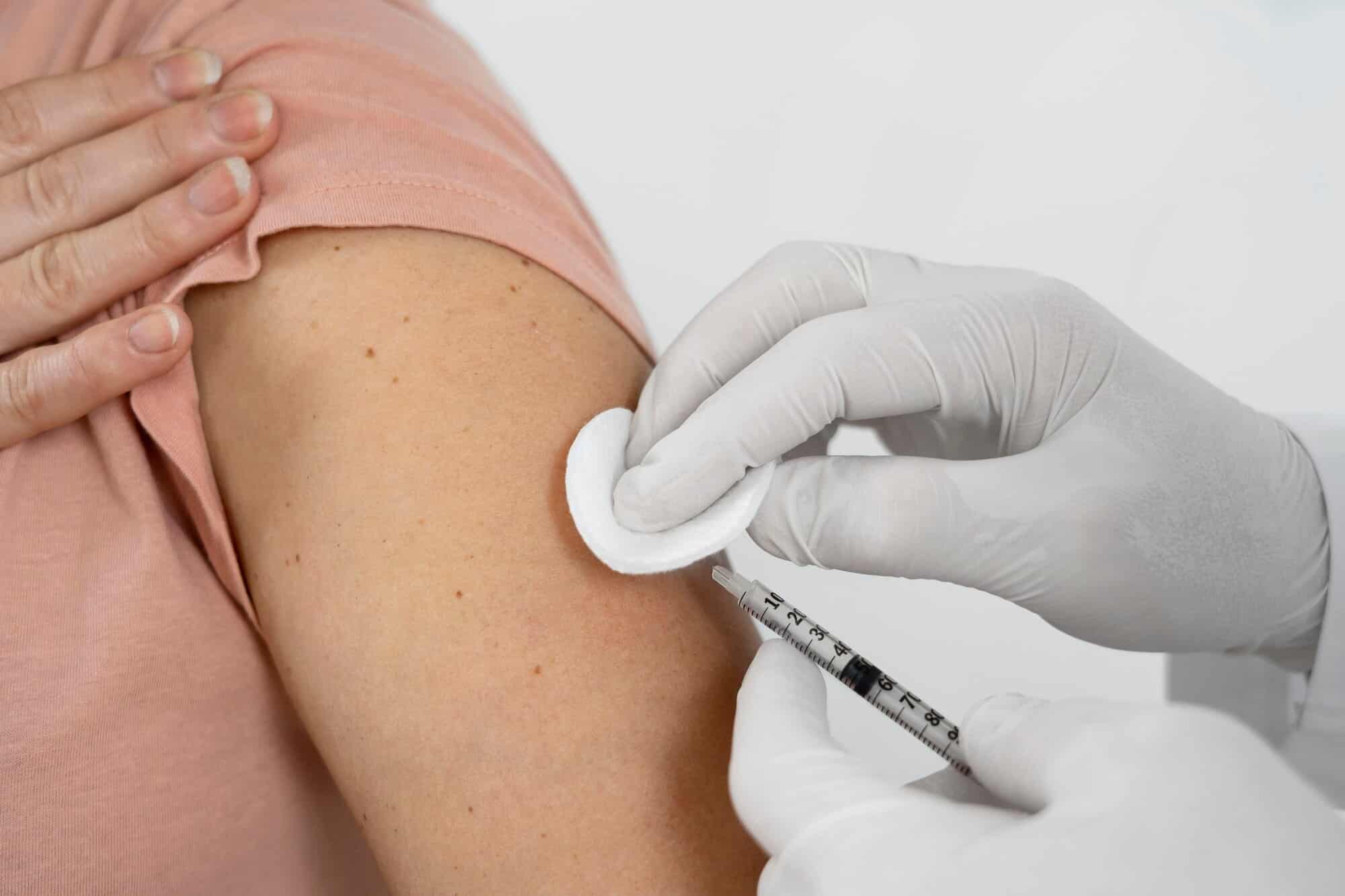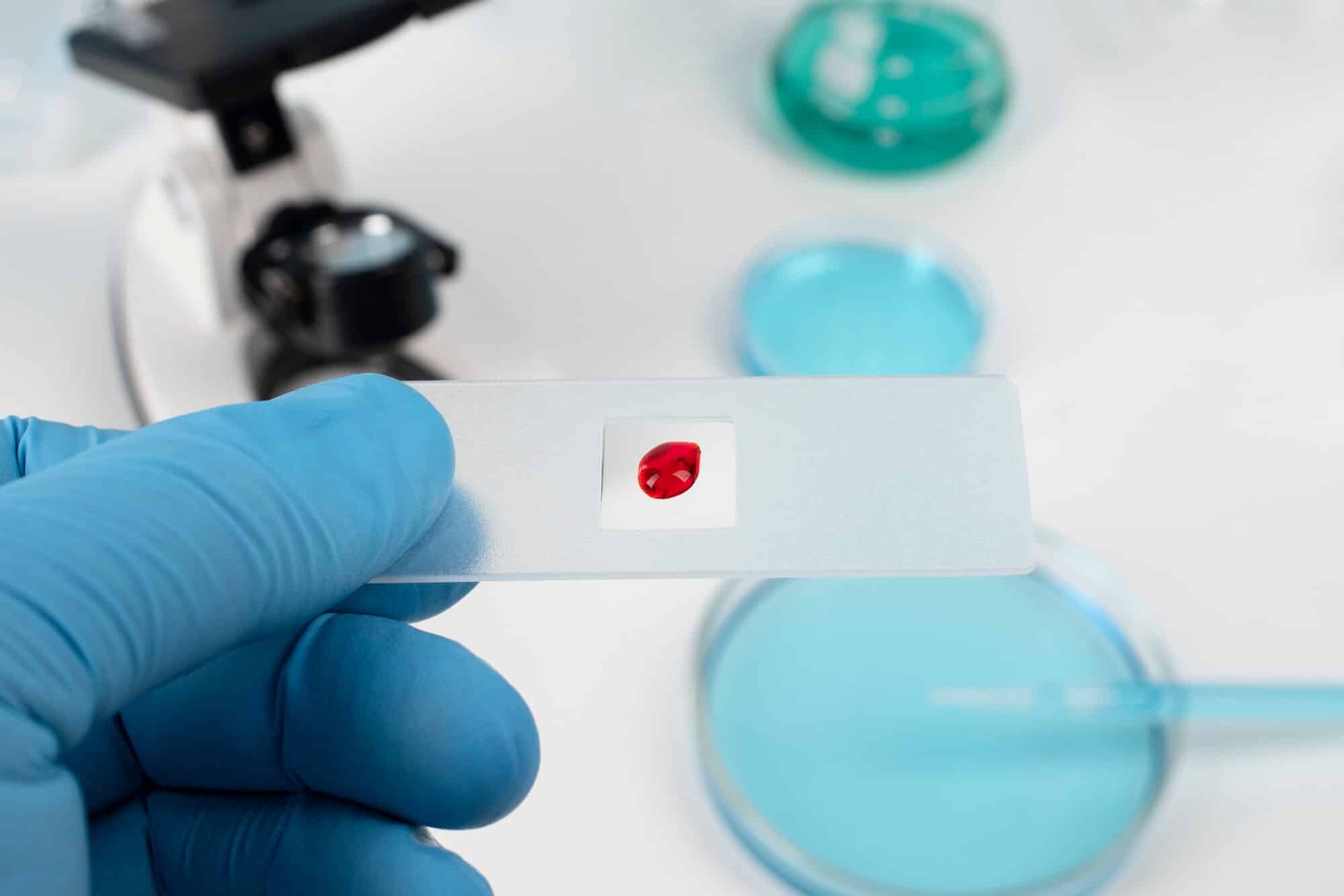
Pelvic inflammatory disease (PID) is a serious infection that impacts the female reproductive system, including the fallopian tubes, uterus, and ovaries. Many times, PID results from STIs. This condition can cause a variety of symptoms and complications. Sometimes, there are no symptoms at all. However, if it is not treated, it can cause a variety of serious conditions. This blog will cover the causes and symptoms of PID, as well as possible complications and effective treatment.
What is Pelvic Inflammatory Disease (PID)?
PID refers to an infection that causes inflammation in a woman’s upper reproductive system. It can develop when bacteria spread from the vagina or cervix, causing inflammation and infection in the endometrium, fallopian tubes, uterus, and ovaries. Bacteria that cause sexually transmitted infections like chlamydia and gonorrhea are common culprits. Certain surgical procedures or other infections can also cause PID. Early diagnosis and antibiotics are necessary to cure this infection.
Pelvic Inflammatory Disease (PID) Symptoms
PID symptoms in women can vary. The signs and symptoms may be mild and hard to identify. Some women will not have any pelvic inflammatory disease symptoms at all. But when PID symptoms do appear, they often include:
- Pain in the lower abdomen and pelvis
- Abnormal vaginal discharge with an unpleasant odor
- Changes to the menstrual cycle
- Bleeding between periods and after sex
- Pain during sexual activity
- Burning sensation when urinating
- Vomiting
- High fever over 101°F
Main Causes of Pelvic Inflammatory Disease (PID)
PID is a serious condition affecting the female reproductive organs. The main causes of this condition are:
- Spread of bacterial infections from the vagina or cervix
- Sexually transmitted infections like chlamydia, gonorrhea, and mycoplasma genitalium
- Overgrowth and migration of bacteria that normally reside in the vagina
- Introduction of bacteria during medical procedures such as IUD insertion, menstruation, childbirth, abortion, or uterine surgery
- A ruptured appendix
- Bowel infections like gastroenteritis
- Bacterial vaginal infections such as bacterial vaginosis
Pelvic Inflammatory Disease (PID) Treatment
The most common PID treatment is a course of antibiotics. It is very important to take all medication for the full treatment period, even if symptoms go away before finishing. Sometimes, antibiotics need to be given through an IV at the hospital if there are signs of severe infection or an abscess. While antibiotics can clear the current infection, they cannot undo any scarring or damage to the reproductive organs from previous PID infections. In rare cases, surgery might be needed to drain an abscess if it does not get better with antibiotics alone.
Natural Treatment for Pelvic Pain From PID
While antibiotics are the primary treatment for PID, some natural approaches may provide additional relief for pelvic pain when used alongside prescribed medications. Try the following strategies to naturally relieve pain:
- Eat plenty of fruits, veggies, fish, and nuts to reduce inflammation
- Drink water daily to help the body heal
- Do light walking or other gentle exercise to increase blood flow
- Use a heating pad on the pelvic area or take warm baths to relax tight muscles
- Try relaxing with deep breathing, meditation, and gentle yoga to lower stress
- Try pelvic floor therapy for stretches and exercises guided by a therapist
- Get enough rest, and do not overexert your body while recovering
- Consider massage therapy or acupuncture for natural pain relief
Are there any complications of PID?
Leaving PID untreated can allow it to progress and lead to major long-term complications. The longer it goes unchecked, the higher the risk of permanent damage. Here are some of the key complications that can arise:
- Chronic Pelvic Pain: As PID continues without treatment, scar tissue gradually starts accumulating inside the fallopian tubes and reproductive organs like the ovaries and uterus. This buildup of scar tissue causes chronic pelvic pain that may persist for many months or even years on end. The scarring may cause pain to worsen during sexual intercourse or ovulation.
- Ectopic Pregnancy: Scar tissue buildup has the potential to create blockages within the fallopian tubes over time. When this occurs, it obstructs the normal pathway for a fertilized egg to move into the uterus after conception. Instead, the fertilized egg may get trapped in the fallopian tube and implant there instead of in the uterus. This is known as an ectopic pregnancy. Ectopic pregnancies are extremely dangerous and require immediate emergency care, as there is no way for a pregnancy to develop safely outside the uterus. If left untreated, the growing tissue can rupture the fallopian tube, causing extreme internal bleeding.
- Infertility: In severe cases, PID causes so much scar tissue damage that it completely blocks off the fallopian tubes, causing infertility.
- Tubo-Ovarian Abscess: While not as common, PID can sometimes lead to the formation of a tubo-ovarian abscess—a pocket filled with pus that develops in the fallopian tubes, ovaries, or surrounding areas. An abscess is an extremely serious complication that causes high fevers and excruciating pelvic pain. If the abscess ruptures before antibiotics are able to treat the underlying infection, it can enable the spread of bacteria into the bloodstream. This can lead to a life-threatening case of sepsis or other infections.
Can you get PID without having an STD?
Yes, it is possible to get PID without having a sexually transmitted disease (STD). PID can occur when bacteria from the cervix or vagina enter the uterus, fallopian tubes, or ovaries, causing an infection. This can happen after medical procedures, childbirth, or, in some cases, from douching or using an intrauterine device.
Prevention of PID
PID is most commonly caused by the transmission of STIs through unprotected sex. To avoid getting PID, it’s important to practice safe sex. Here are some ways to protect yourself from sexually transmitted infections that can cause PID:
- Always use condoms properly: No other birth control stops the spread of infections like condoms do. Condoms block the bacteria that lead to PID by preventing skin-to-skin contact and exposure to bodily fluids.
- Get tested frequently: Make sure to get tested for sexually transmitted infections regularly, even if you feel totally fine. Many infections don’t initially cause any noticeable symptoms but can still turn into PID if left untreated. How often you need testing depends on your risk factors.
- Ensure partner treatment: If you get diagnosed with an infection, it’s absolutely essential that any sexual partners you have also get completely treated. Otherwise, you’ll just pass the infection back and forth between you and your partner over and over again. Don’t resume sexual contact until you’ve both completed all medication.
- Don’t douche: Douching disrupts the healthy bacteria balance in the vagina. It can actually push some bad bacteria further up into your reproductive organs, raising your risk for PID.
- See a doctor quickly if symptoms appear: If you notice anything unusual like pelvic pain, unusual discharge, fever, painful urination, or irregular bleeding, don’t ignore it. Get STD testing and treatment right away to prevent complications.
Conclusion
PID can lead to chronic pelvic pain, fertility issues, and even life-threatening abscesses. But you have the power to protect yourself. The best way to avoid complications is to practice safe sex, get regular reproductive health checkups, and pay attention to your reproductive health. While antibiotics treat the infection, making healthy choices aids recovery. Get plenty of rest, stay hydrated, and eat nutritious foods. Don’t let PID derail your reproductive health. Schedule a checkup with Equality Health Group’s experienced professionals immediately if you have any concerning symptoms. Quickly identifying and treating this infection will help protect you and your partners in the long term.





